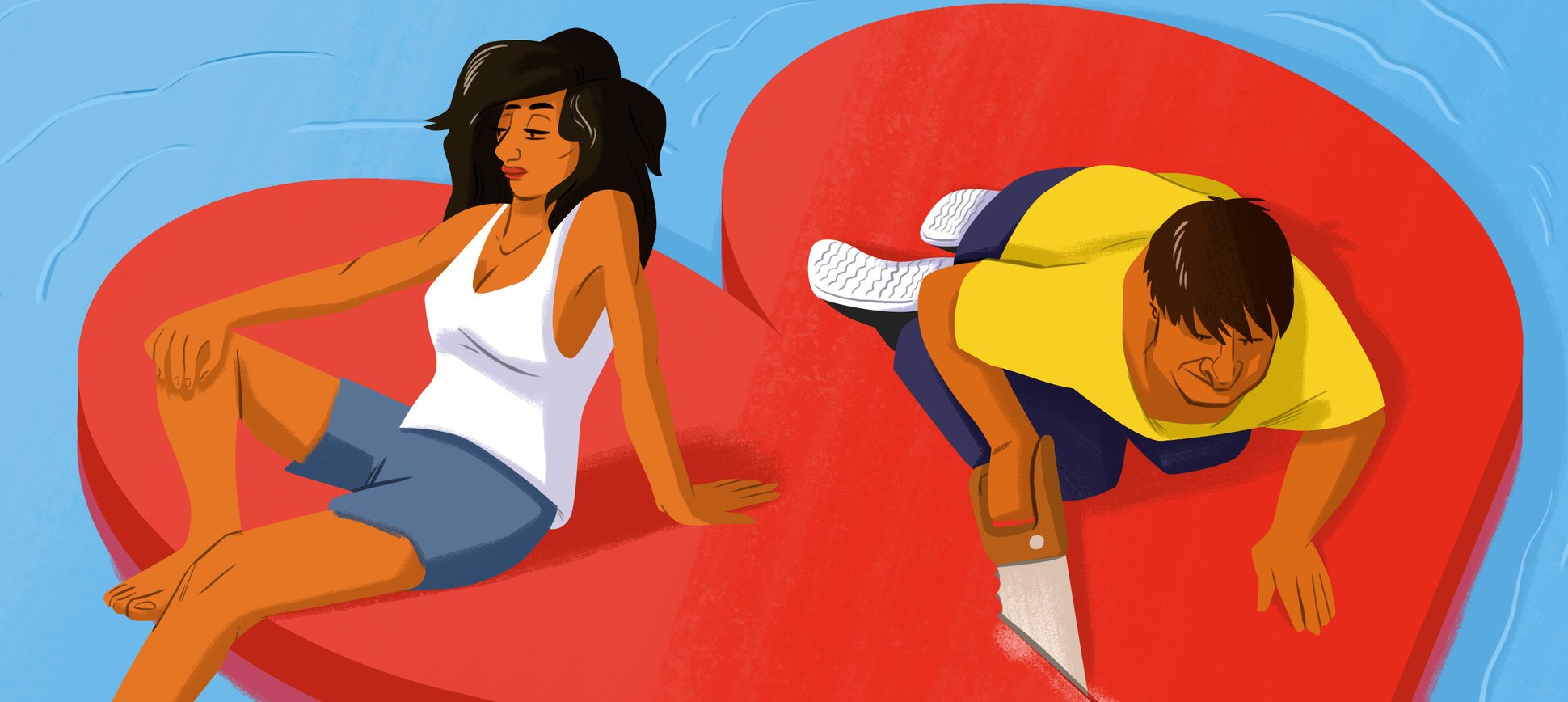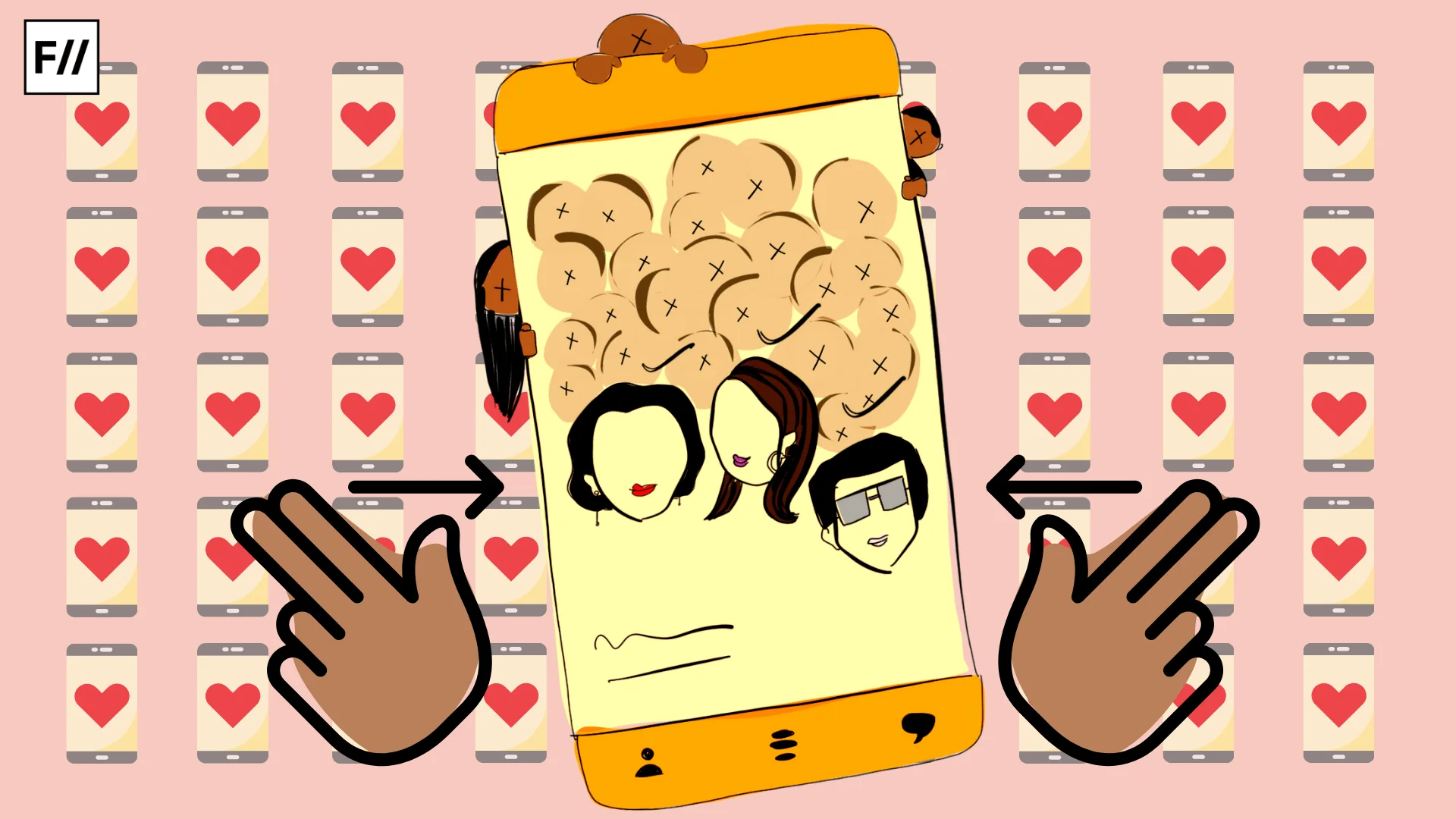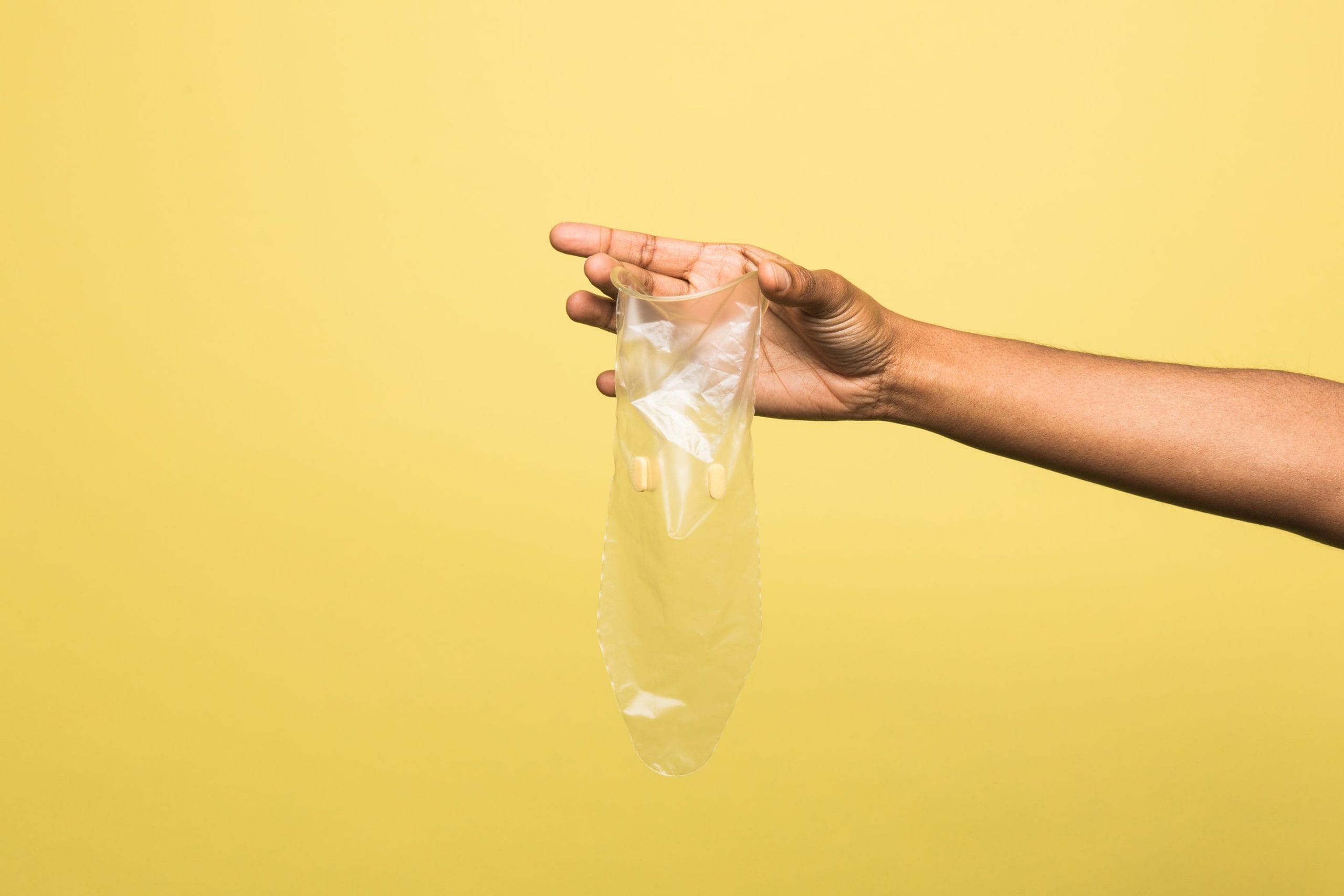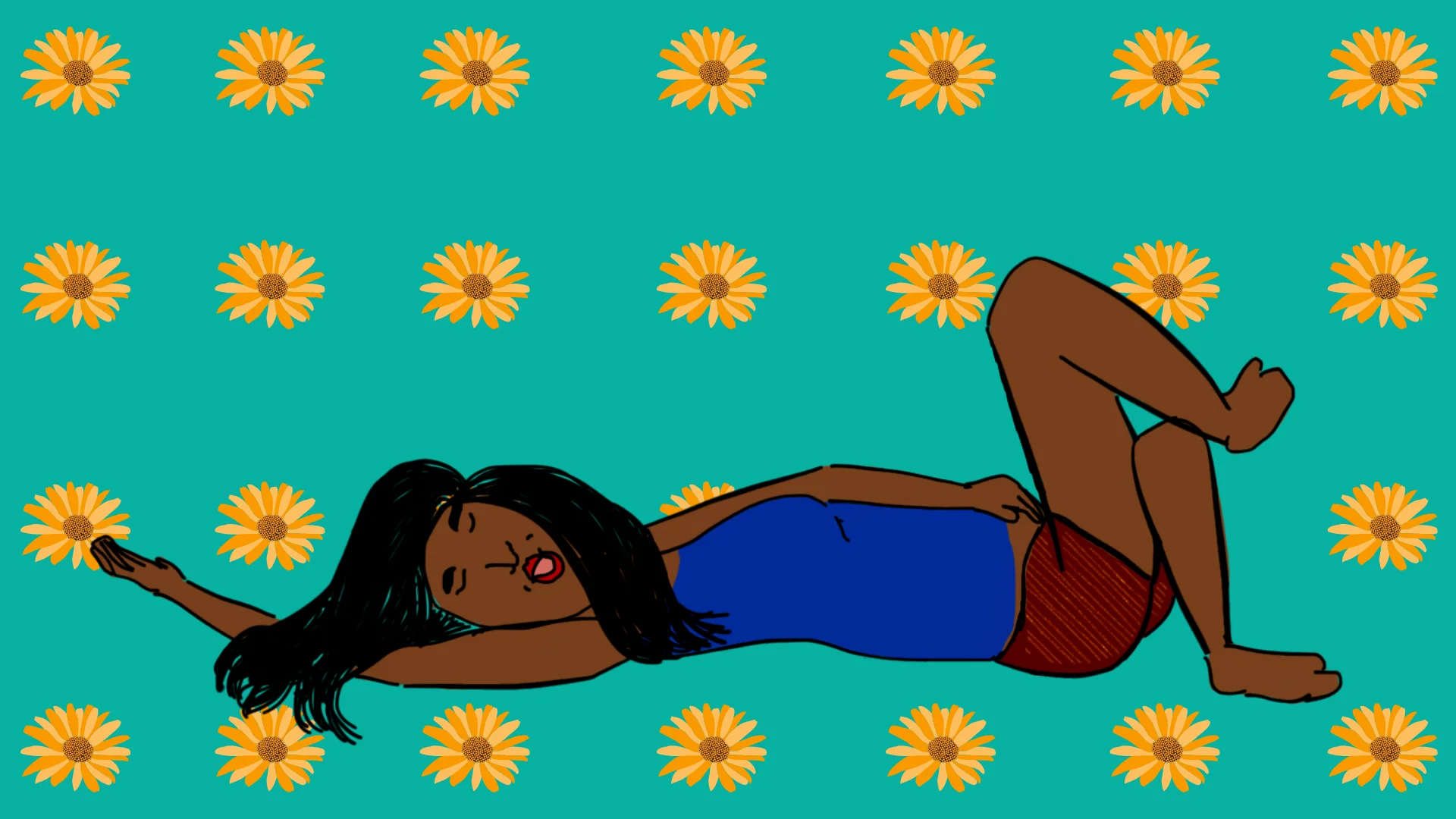Editor’s Note: This article is part of a campaign titled #JustNotInterested, run jointly by Feminism in India and Tinder, to unpack and understand consent, disinterest and expectations in relationships. The campaign curates conversations on Instagram stories on various facts of modern relationships. This article is based on one of those conversations.
“Yeah, no I’m not interested in you. In fact, only a girl with a thing for chimpanzees would ever fall for you!” Nine long years, a couple of heartbreaks and a handful of rejections later, the first time poor 12 year old Ganesh got rejected seems not just trivial but also slightly humorous. True, I haven’t found my one true Jane Goodall yet (or maybe I have), but so many amazing people, some of them avid monkey haters, have been in my life since then. So yes, it was quite a traumatising rejection. And yes, it did leave a significant impact on me and my self esteem for a few years. But at the end of the day I got round to seeing it for what it really was – plain, bitter, cold hearted rejection. It was the first, but it surely wouldn’t be the last.
Attraction, love and lust are innately human experiences, just as rejection, disinterest and their accompanying dejection are. While these have been around for centuries, the advent of social media, online dating apps and the Internet have made it easier to reject and be rejected, making it a more frequent aspect of our lives. And yet, most of us struggle with being turned down, with each rejection turning us towards the filmy solace of alcohol, good ol’ slut shaming or feeling depressed and belittled.

Getting turned down is never easy. The very process of confessing our feelings for someone often leaves us feeling exposed and emotionally vulnerable. For many, it takes a lot of confidence, strength and self-assuredness to vocalise that desire. So for someone we are interested in to turn us down could leave an impact on us and our self esteem. This becomes especially true in a culture that has conditioned us into thinking that the facing disinterest is either because we aren’t “good enough” or because the person is a “heartless bitch” or a “piece of shit that has no taste”. A few weeks ago, FII hosted an Instagram chat with its followers, asking them how they have been conditioned to deal with rejection.
“What a Bitch! / What an Asshole!”
“It’s been 6 months and he still doesn’t let go, he acts all hurt and blames me for being a ‘bitch’ if I straightforwardly say that I’m not interested/ I don’t feel the same way.”
Hate is a powerful emotion. One very close to ‘hurt’, and just as phenomenal as ‘ego’. In a culture that seems to celebrate (and enthusiastically chant) “Pyaar ek dhoka hai!”, hate, hurt, and ego all seem wedded in an incestuous quagmire. An endless litany of movies, stories and catchy quotes push us into believing the gigantic lie that attraction is something you can be forced into.
We need to unlearn hatred being the automatic response to rejection.
From the stories that respondents shared, there emerged some common trends in this hatred game. Most often, the hatred seems to be fuelled by one of three flawed understandings. First, frustration at the fact that we are trying everything we can to convert that “No” to a “Yes”, like our Bollywood gurus and expert peers have taught us, but the person is just not relenting. Second, the belief that we are too good and universally attractive, or are “nice guys” that cannot possibly be rejected. And finally, a flawed understanding that perhaps hating the person who turned us down could help us move past the person and forget our feelings. All three are, needless to say, extremely problematic, and rooted in an unhealthy rejection culture. We need to unlearn hatred being the automatic response to rejection.

“Am I not lovable/good enough?”
For a lot of us, facing rejection can affect our self esteem and sense of self worth. Bollywood thrives on glamorizing the epic tales of heroines transforming into versions of themselves that their former “rejectors” fall for. This and peer pressure make it seem like rejection is due to some sort of flaw in us. Something that needs rectification. One of our respondents said, “..of course you question yourself as to why was I rejected? Am I inadequate? It is a reason to better yourself.”

However, rejection isn’t a reflection of who we are, and needn’t necessarily be a call to self introspection. Rejection isn’t based on who we are, rather it is who the other person is, and what they find attractive.
“Umm… let’s just be friends?”
So you did what you wanted and expressed your interest. You got turned down. Perhaps they were a good friend. Perhaps they are a good person. What do you do? Hopefully stay friends?
For a lot of people, especially those who develop feelings for people after knowing them for a while, forging a friendship is a way of dealing with rejection. Of course, one is totally entitled to take space if they need it in order to move on.
“It’s rather difficult to “move on” if you are constantly seeing them everywhere. …it’s better to get some distance to get your head straight instead of hurting yourself everyday.”
Rejection isn’t based on who we are, rather it is who the other person is, and what they find attractive.
Oh, and then there is the “friendzone”.
Ever since Joey Tribbiani called Ross Geller “the mayor of the friend zone” way back in 1994, the friend zone has been the most dreaded location of many a heartbroken “nice guy”. The very idea of the “friendzone” being so dreadful stems from the misunderstanding that being nice to someone deserves a sexual/romantic reward. So for a lot of rejected people who are asked to stay friends, it almost seems like an insult. This then becomes a license to pile on guilt at the person that rejected them, asking what they did to “deserve this treatment”.
“Honestly I acted like a “nice guy” back in the past. I learned a lot from that incident and now what I do is talk to myself about what went wrong or what downsides do I have which are actually fixable by me. I accepted that rejection is an important part of a guy’s life.”
Also read: When Love And Sex Collide: Navigating Mismatched Expectations In Relationships | #JustNotInterested
Worse yet is when a friendship gets misunderstood as romantic or sexual interest. A lot of the times this misunderstanding can cause hurt feelings to all parties involved.
“There are some clear lines to friendship and a romantic relationship. But being raised in a ‘Pyaar Dosti Hai’ culture, these lines have been blurred and the respect for both relations lost or rather never understood. I think it’s very important to be able to sit down and communicate clearly, beginning with what friendship means to both people.”
“K. Cool. Bye.”
We are all different people. Just as different people deal with different things differently, it is okay to deal with rejection differently too. You could stay friends, go cold turkey, or even just shrug it off and move on. However, at the heart of dealing with rejection must be understanding that rejection is never a reflection of who we are or an attack on our self worth. When someone is not interested, that’s all they mean – that they aren’t interested. For whatever reason they may have.
Trying to change that “No” into a “Yes” is futile and only works in decadent, unrealistic Bollywood movies. It is not “romantic” to coerce someone or “pursue” someone after their explicit rejection, and what is even more pointless is to hate the person who rejected you. Not only does it not change anything, acting on that hatred could lead to some extremely toxic behaviour.

So if someone I’m interested in shows disinterest or tells me that they aren’t feeling the same, I back off because I would want someone to do the same if I expressed disinterest. Here’s to hoping that the next time we hear the word “No”, we respect that person’s choice, understand that it isn’t about who we are, and graciously move on in our own, healthy, feminist way.
Also read: Does Playing ‘Hard To Get’ Devalue Consent Culture? | #JustNotInterested
Featured Image Source: Jason Hoffman/Thrillist
About the author(s)
A self-proclaimed travel addict and chef extraordinaire, Ganesh can be found in desolate corners of the library reading poetry when he's not in his natural habitat : under stage lights. He's pursuing his Integrated Masters in English Studies at IIT Madras.




